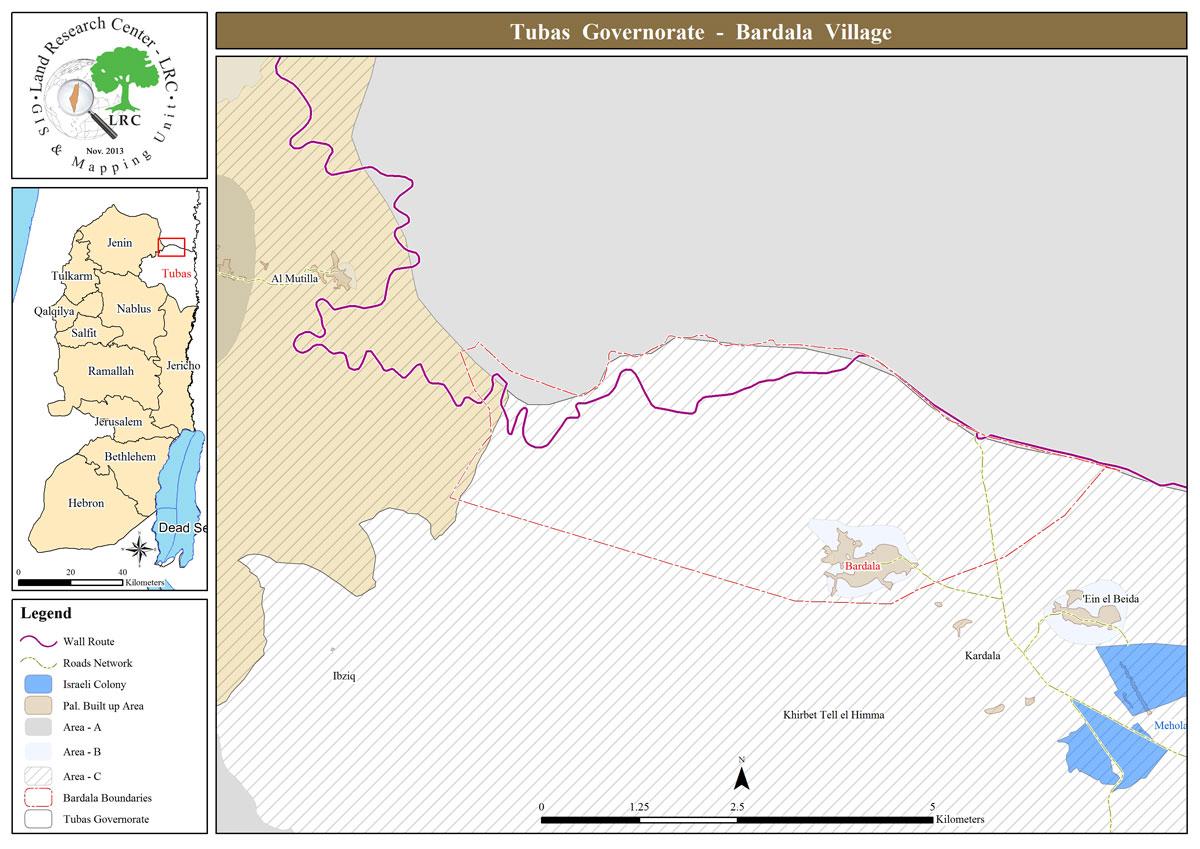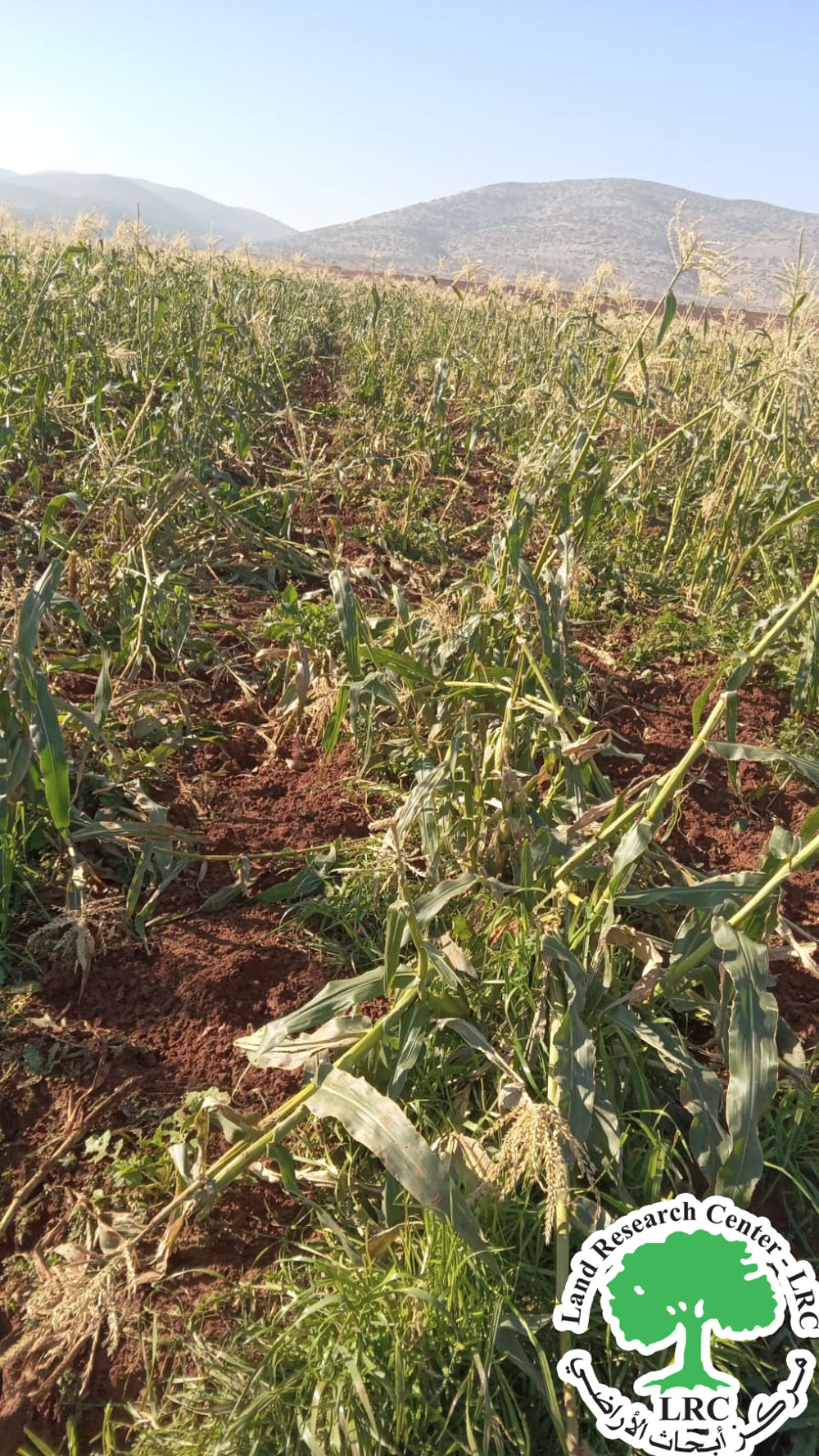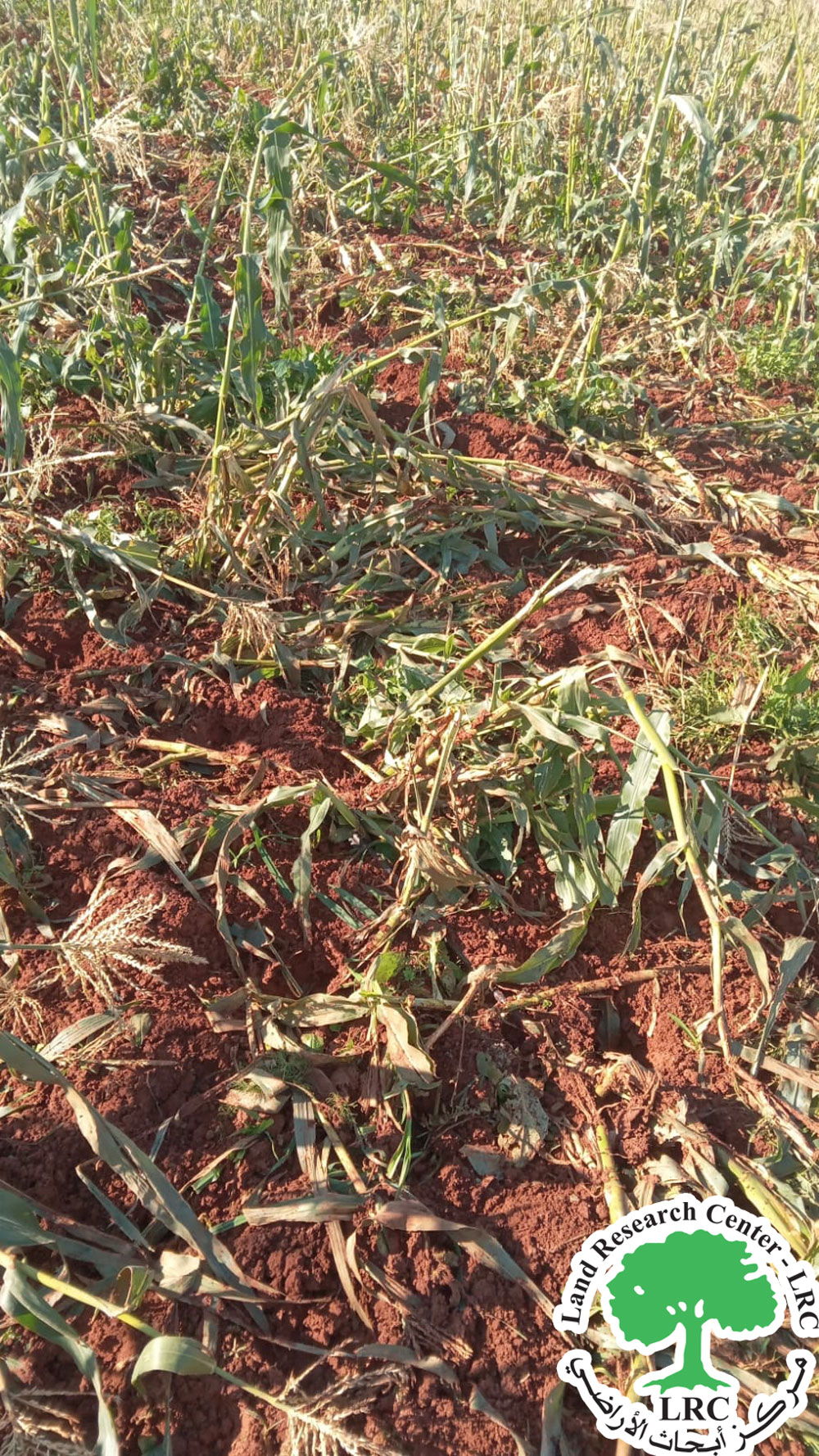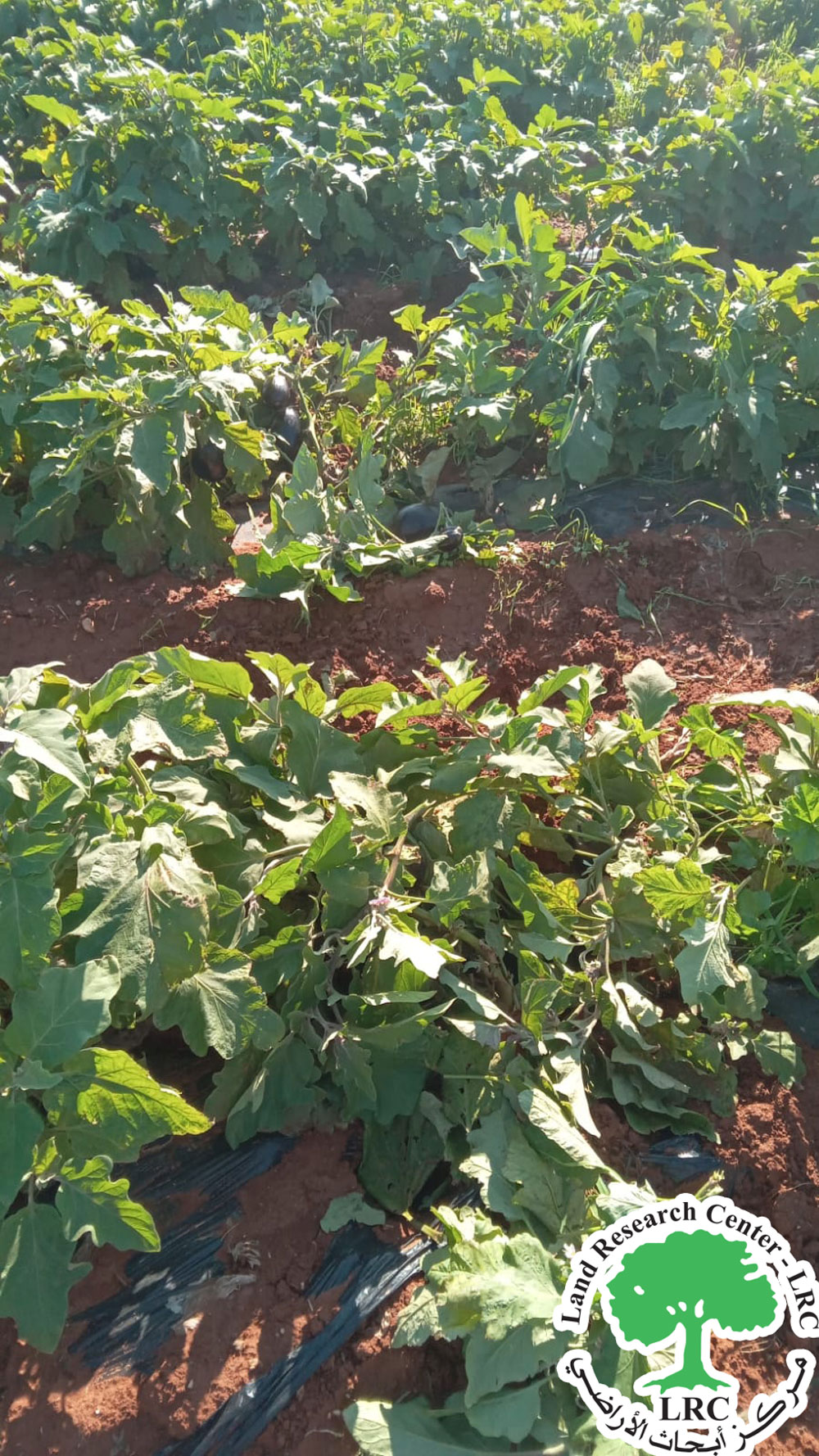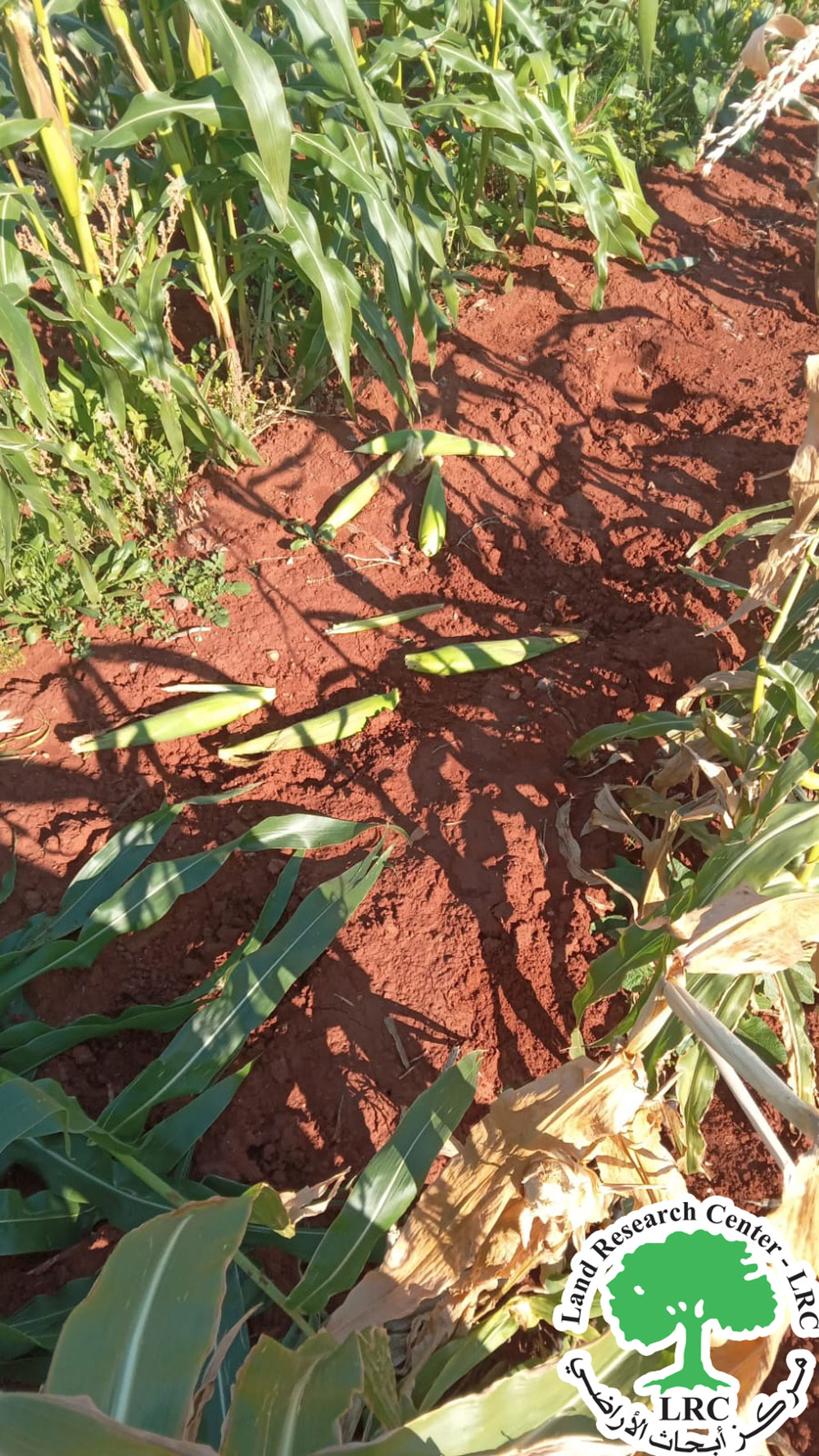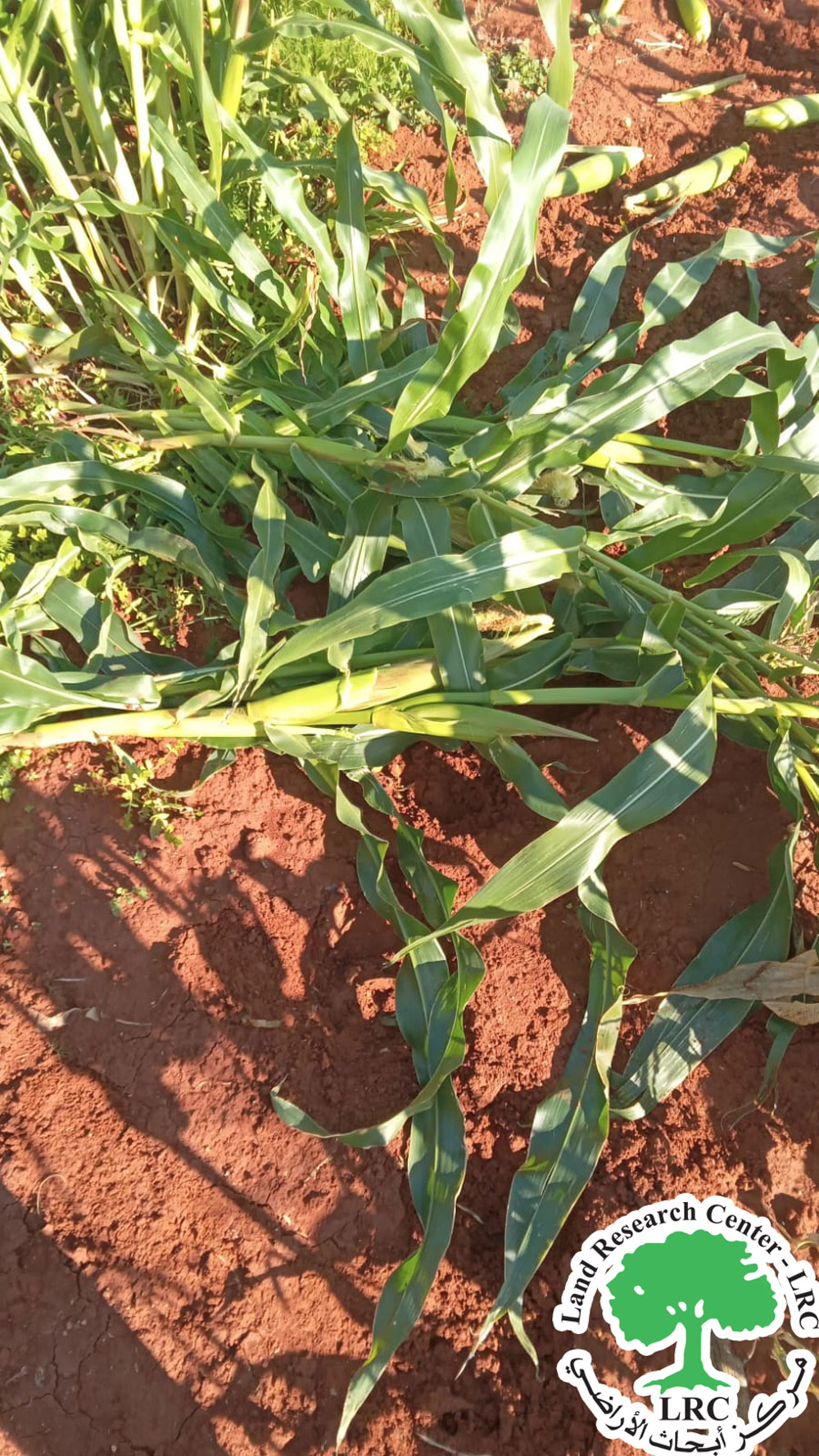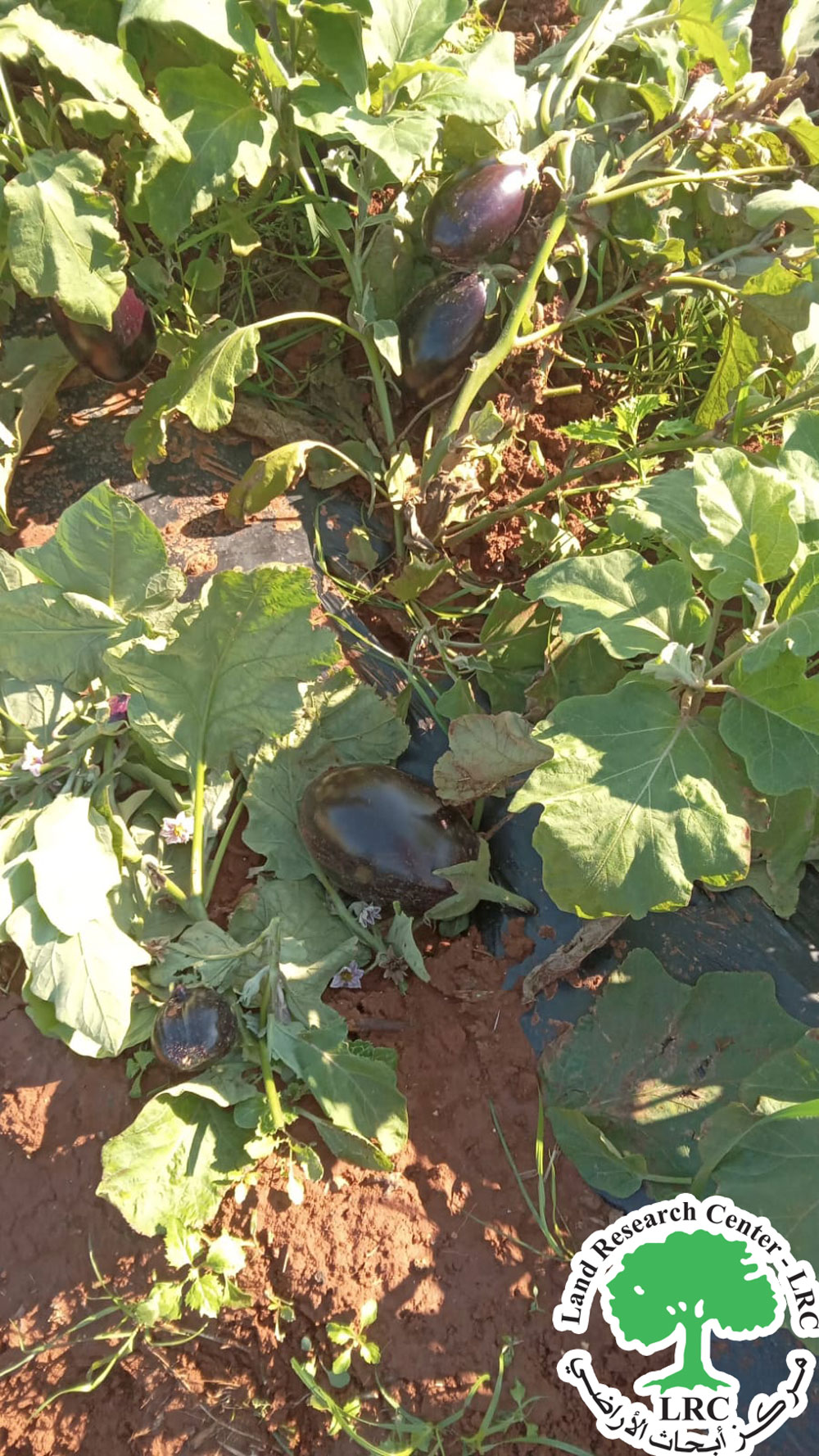Settlers Release Cattle to Graze on Agricultural Land in Bardala Village / Tubas Governorate
Violation: Destruction of agricultural land due to overgrazing.
Location: Bardala Village, Northern Jordan Valley / Tubas Governorate.
Date of Violation: 01/01/2025.
Perpetrating Party: The colonial outpost in the Al-Hamma area.
Affected Party: Five farming families (Daraghmeh, Sawafteh).
Description:
Settlers in the new outpost located in the "Qaaon" area south of Bardala village continue their attacks on farmers in the neighboring village. The occupation, through these settlers, aims to empty the area entirely in preparation for expanding the existing settlements in the Northern Jordan Valley.
On the morning of Wednesday, January 1, 2025, a new wave of settler attacks occurred, starting from this new outpost. A group of settlers released approximately 45 heads of cattle to graze on a 70-dunum agricultural plot in the Qaaon area. The land is planted with seasonal crops such as corn, eggplant, potatoes, and peppers. The land belongs to five farming families who rely primarily on agriculture and sheep farming as their sole source of income.
The affected farmer, Mohamed Suleiman Sawafteh, told the LRC researcher:
"We rely on agriculture as our sole source of income, given the lack of job opportunities in the Jordan Valley and the occupation's attempts to restrict all services provided to us. We own this land and we seasonally plant various vegetables and corn. Through selling these crops, we secure our family's income."
He added:
"On Wednesday morning, the settlers took advantage of the absence of any farmers due to the rough red soil after the heavy rains. The settlers released a herd of cattle onto our open agricultural land, causing random destruction. The cows destroyed a large number of saplings and intentionally damaged the crops. Our losses were estimated in the tens of thousands of shekels, which is a significant amount for us given our limited resources. Most of the affected farmers are already burdened with accumulated debts."
According to field monitoring, a new outpost was established in early December 2024 in the Qaaon Plain area. This outpost has a pastoral nature, as settlers rely on grazing cattle, which leads to the destruction of all agricultural land owned by farmers in the area. This destruction paves the way for the complete takeover of the Qaaon area.
The affected land belongs to a number of farmers, including:
Impacted Farmer | Family member | Female number | Children number |
Mohammad sulaiman Mohammad sawafta | 9 | 4 | 4 |
Tahseen Ibrahim Asmar Daraghmeh | 2 | 1 | 0 |
Fayeq “Tahseen muhsin” Ibrahim Daraghmeh | 5 | 2 | 3 |
Iyad “Tahseen muhsin Ibrahim Daraghmeh | 3 | 1 | 2 |
Ibrahim “Tahseen muhsin” Ibrahim Daraghmeh | 6 | 3 | 4 |
Total | 25 | 11 | 13 |
It is worth mentioning that the Qaaon Plain area spans approximately 1,250 dunams of land belonging to Bardala village, located within the basins (134, 135, 136) in the northern and eastern parts of Tubas Governorate, specifically to the north of Bardala village. In 2013, the Israeli High Court ruled that farmers had the right to access and cultivate the land, despite the Israeli Land Authority seizing it and incorporating it into the "Merav" kibbutz in 1978.
After the land was reclaimed, the Israeli military began taking successive steps to reassert control over it and Judaize the area. These steps included destroying any agricultural structures in the region and declaring parts of the Qaaon lands as a closed military zone until further notice.
Overgrazing in Palestinian agricultural lands is one of the Israeli occupation's environmental violations:
The practice of overgrazing in cultivated lands can lead to soil erosion and degradation. It also reduces biodiversity, resulting in decreased productivity and biological diversity, which is one of the causes of desertification.
The constant trampling of plants by animals in green areas accelerates the death of plants and vegetation cover. As animals trample on the new growth buds of plants during grazing, it leads to soil erosion, which causes deterioration of agricultural lands. In areas like Bardala village, the damage is significant, leading to the ongoing process of desertification in agricultural regions, thus causing harm to the environment.
Without a doubt, overgrazing by the settlers of the Israeli occupation is primarily aimed at making the soil barren and uninhabitable, in order to discourage Palestinian landowners from benefiting from their lands, which will eventually push them to abandon the land and migrate. Therefore, they release their sheep and cattle into Palestinian lands cultivated with grains, vegetables, or designated for grazing sheep, and prevent the rightful owners from accessing them. They repeatedly overgraze the land until the soil becomes devoid of any seeds or vegetation, which threatens the extinction of plant biodiversity, and consequently, animal biodiversity. This leads to a threat to insect diversity and the overall life in the land.
The settlers, as shepherds, only release their livestock onto the land but do not plow, plant, or take care of it agriculturally; they leave it fallow. This exacerbates the destruction of its biodiversity because the land is not theirs—they are trespassers and thieves, not true owners. In contrast, Palestinians have a deep, historical connection to the land, and they continue to nurture and cultivate it. True landowners ensure partial grazing during specific seasons that protect species and do not threaten wildlife. They care for the delicate ecosystems, rare plants, and medicinal herbs, maintaining a deep bond with the land that has become part of Palestinian culture. True landowners work to develop the land, not degrade it. This is why agricultural lands in Palestine have evolved and persisted for thousands of years, but the occupation has turned many areas into barren wastelands, with the political and colonial objective of making these pastures ripe for occupation and settlement.
[1] Source: Special Bulletin Issued by the LRC– December 2024 titled "Pastoral Settler Outposts: A Starting Point for the Theft of More Palestinian Land."
مشروع: حماية الحقوق البيئية الفلسطينية في مناطق "ج" SPERAC IV - GFFO
Disclaimer: The views and opinions expressed in this report are those of Land Research Center and do not necessarily reflect the views or positions of the project donor; the Norwegian Refugee Council.
إخلاء المسؤولية: الآراء ووجهات النظر الواردة في هذا التقرير هي آراء ووجهات نظر مركز أبحاث الأراضي ولا تعكس بالضرورة وجهات نظر أو مواقف الجهة المانحة للمشروع؛ المجلس النرويجي. للاجئين
